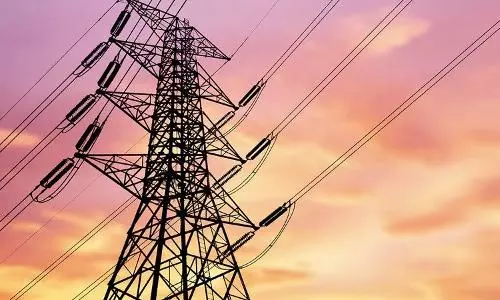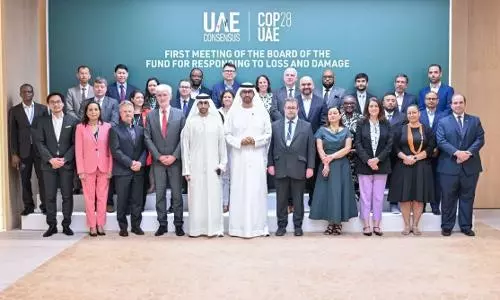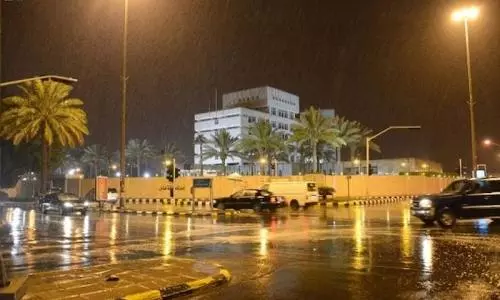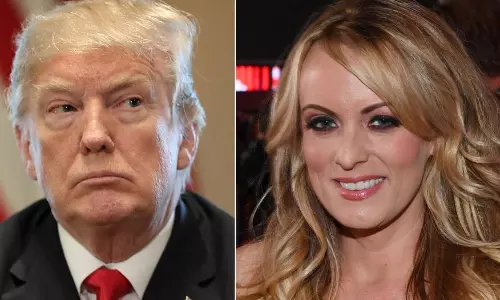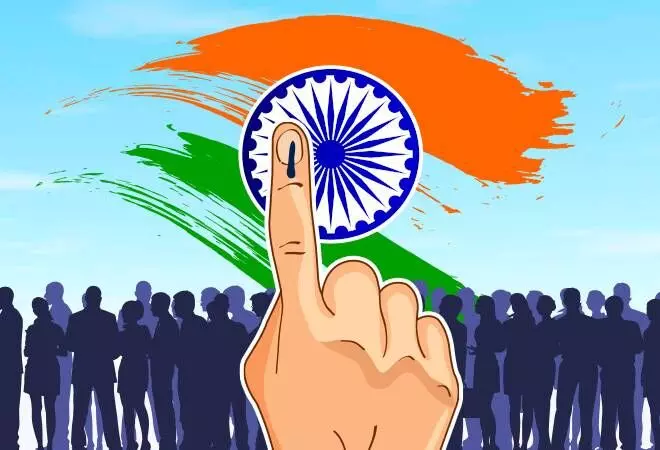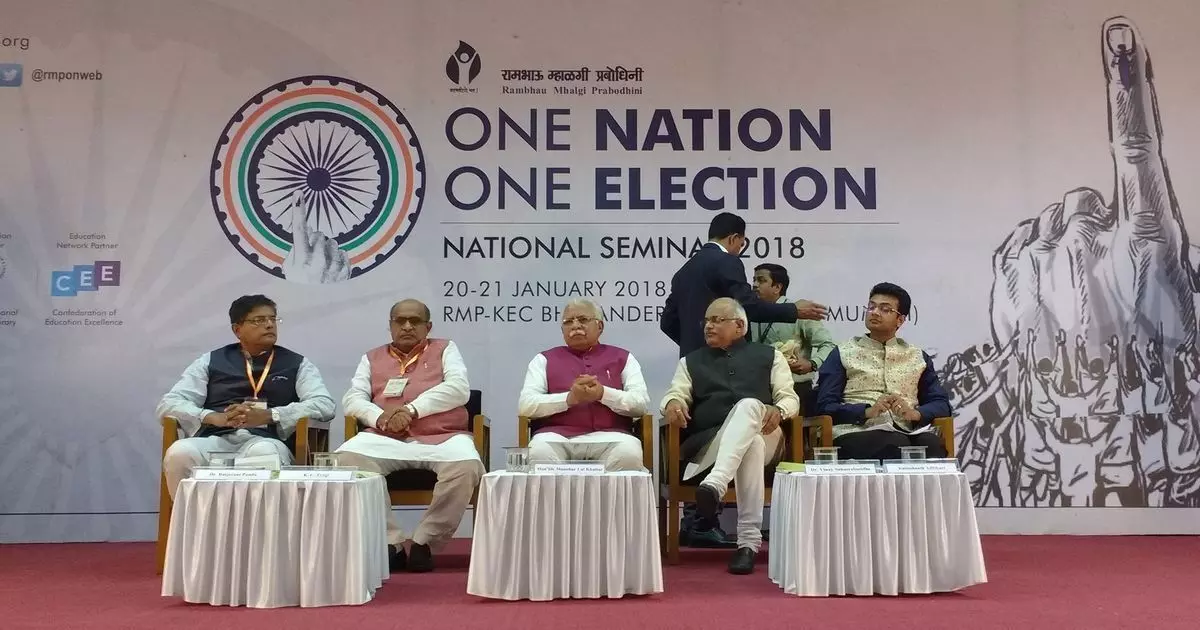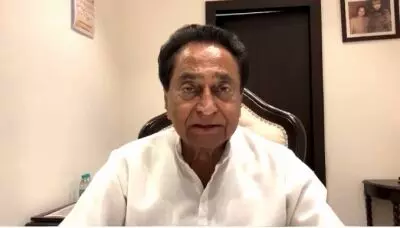
A move against federal democracy
text_fieldsIt has been nearly three years since Niti Aayog Chief Amitabh Kant remarked that “tough” reforms were “very difficult in the Indian context” as India was “too much of a democracy”. The BJP, which had already found that having to conduct more elections was a hindrance to the development process, is now moving on to concrete steps to do away with that 'barrier'. The Union Government has notified about the move by appointing a committee to study about the possibility of implementing the promise of ‘One nation, one election’. The eight-member panel, headed by former President Ram Nath Kovind, has been entrusted with the issues to deliberate. The aim is to hold simultaneous elections to the Lok Sabha, state legislative assemblies, municipalities and panchayats. The committee will recommend the necessary changes to be made in the Constitution, law and rules for this purpose. What is being argued is that holding the elections together all at once, using one electoral roll and one identity card, will cut down the costs, reduce the burden on the administration and ensure continuity. This is claimed to be convenient to the voters as well. It is the expenditure part that is emphasized by its proponents including the Prime Minister. It is estimated that the political parties and the Election Commission (EC) spent around Rs. 60, 000 crores for conducting the 2019 Lok Sabha elections. The actual cost is said to be several times more than this amount. According to the calculations of the EC, holding the elections all at once will only cost Rs 4, 500 crores. Even if it is considered to be the expenditure of EC alone, the authenticity of this is still doubtful. Not only that, if the Commission now lacks the efficiency it displayed in cost control and efficiency during the tenure of T N Seshan, then nobody else can be held responsible other than the Commission. It is fair to believe that the convergence of the BJP’s political agenda with the smooth running of the EC and bureaucracy is the driving force behind the new move.
It may be because of “too much democracy” that no deliberations were made either in the Parliament or other platforms, about whether there was a need for such a crucial move. The committee was not set up to consider whether it is needed; rather it has been decided already that it is necessary. The committee should only guide them on how to implement it. This way of imposing an anti-democratic move is evident in setting up the committee and its nature. The only person in the eight-member committee, who disagrees with the ruling party, is the leader of the Congress party in Lok Sabha, Adhir Ranjan Chowdhury. But he has resigned from the committee. The matters that should be evolved through open and transparent debates and discussions in the public domain are being implemented secretly and through the back door. Parliament is convened often without informing what the agenda of the discussion is. The decision to revise the elections is made unilaterally, and the study committee is subsequently appointed. Even matters that need to be resolved by political consensus before legislation is decided by a few individuals and officials. It is this imposition itself that the country is witnessing in many ways.
If 'one nation, one election' is desirable, then it is a reform that should be accepted. However, one should first learn and understand the extent of the need as well as the merits of the reform. For those who spend thousands of crores to build the new Parliament building and on advertisements and write off the corporate loans and tax arrears, even spending a fraction of that amount for holding elections would seem excessive. One could easily see that the main victims of such reforms are the states and federalism. Examples of this approach are seen in covert imposition of Hindi; undermining the fiscal autonomy of states through reforms like GST; snatching the federal rights of states using Governors; forming laws that destroy the fundamental essence of states like Jammu and Kashmir and Delhi, though in varying degrees. The ‘one election’ reform can be seen as part of the attempts to wipe out regional, linguistic and cultural differences. It is convenient to do away with state elections and even the concept of states, using the logic of the 'one nation’ slogan, citing expenditure and smooth functioning. By this very logic, the cost, the effort and the elaborate exercise surrounding the elections can be eliminated. But is the biggest problem faced by the country having 'too much of democracy' ?





